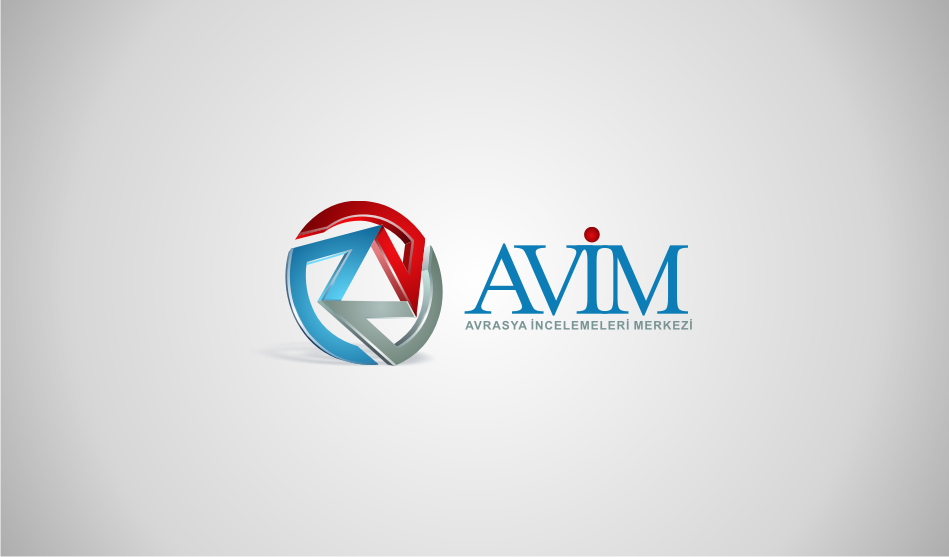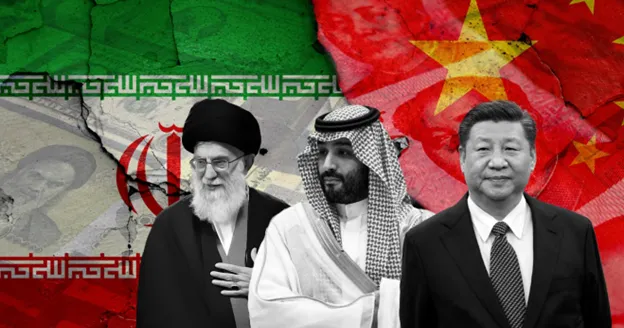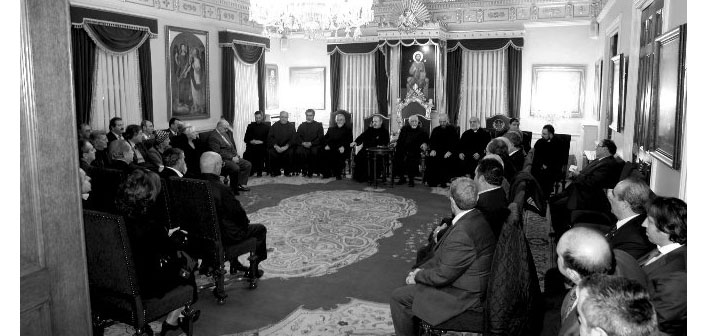The Russia-Armenia agreement (protocol) which extended the term of the Russian base in Gyumri until 2044, has given the task of defending Armenia to the Russian forces at this base and which has also allowed Armenia to obtain modern weaponry and special military equipment from Russia has created harsh reactions among opposition circles in Armenia. The main issue which is emphasized is that Armenia’s right of independence has deteriorated to a great extent, or has at least been damaged. Indeed, taking into consideration that Armenia’s energy transmission line, railways, nuclear power station, and various other facilities are in the hands of Russia and that Russia has invested about 2 billion dollars in this small country, with this protocol Armenia has also come somewhat under the guardianship of Russia in the area of defense. The significant point here is that despite objections arising from opposition parties and various intellectuals, assuming that Russia is protecting the country again Turks and Azerbaijanis, a majority of Armenian public opinion easily accepts this situation. Despite this, it could be seen that to begin with President Sarkisian and Foreign Minister Nalbandyan, officials of the Armenian Government do not want to dwell upon the protocol issue too much. Russian Foreign Minister Segey Lavrov has acted in the same way and has stated that the protocol has not actually changed anything and the obligations of the base in Gyumri have remained the same. President Medvedev has also refrained from entering into details and has described the protocol as part of the special alliance relations between Russia and Armenia. In a joint press conference with President Medvedev, President Sarkisian has settled with only stating that this protocol has extended the term of the military base and has expanded the sphere of Russia’s “geographical and strategic responsibilities”. Also, in the detailed joint declaration concerning Armenian-Russia talks, it has been expressed that “the sides also signed an intergovernmental protocol amending the agreement to the Russian military base in Armenia”. The reason for Armenians and Russians to try to remain as silent as possible about the protocol which could create significant consequences in the future could be to restrict Azerbaijan’s possible reactions. Generally, these reactions were harsh in the Azeri media and among opposition groups. For instance, the leader of the Musavat (Equality) Party İsa Kamber has stated that Azerbaijan should take an initiative for NATO membership; well known analyst Vefa Guluzade has expressed that since Russia’s role as mediator has ended, the only solution is a military one, and the former advisor for Azerbaijani President Rasim Musabayov has said that Turkey could deploy its mobile forces in Ganja for the defense of the oil pipeline or could establish a military base in Nakhchivan. On the other hand, a more cautious attitude has been displayed among Azeri officials. Spokesman of the Foreign Ministry Elhan Poluhov has stated that he does not believe Russia will ever use the military base against Azerbaijan as Russia promised in 2006 when transferring weapons and ammunition from the Russian military base in Georgia to Armenia. On the other hand, Novruz Mamadov from Azerbaijan Presidency has stated that the document signed does not have so strong influence like they say, it is wrong to bind the signing of this document with Azerbaijan since Azerbaijan has no territorial claim to other countries, that there is no need to look for something new in the document since it does not change the status quo in the region, and that the new document has prolonged the status quo for another few years. It could be observed that the first reactions of Azeri officials have been about underestimating the importance of the protocol concerning the Russian military base and it is similar to Russia’s position. However, in order to determine the final stance of Azerbaijan, one must wait for Foreign Minister Mehmetyarov and especially President Aliev to express their views. It is without doubt that what kind of impacts this protocol will create, especially in the issue of the Karabakh conflict, will surely be a great matter of discussion. However, the following two points must be considered during these discussions. The first is that apart from protecting Russia’s interests, the protocol has given the Gyumri Base the task of providing security to Armenia. The second is that this protocol has accepted delivering modern weaponry and special military equipment to that country. Last of all, we should note that opposite to what is sometimes believed, the Russian military base in Gyumri is rather small. Therefore, it cannot create a military threat for Turkey. Essentially, it is useless to talk about a military threat in the present situation of Russian-Turkish relations. On the other hand, due to its effects on the Karabakh conflict, that protocol also concerns Turkey closely, because as known, Turkey has linked establishing normal relations with Armenia to the resolution of the Karabakh conflict, or at least to taking important steps towards this end.
© 2009-2025 Center for Eurasian Studies (AVİM) All Rights Reserved
THE MESSAGE OF THE PRIME MINISTER
CHURCH PROPERTIES AND THE AMERICAN CONGRESS
ARMENIAN GENOCIDE FILMS FAIL TO WIN ACCLAIM
 NAGORNO-KARABAKH AND CRIMEA: A COMPARISON OF DOUBLE STANDARDS
NAGORNO-KARABAKH AND CRIMEA: A COMPARISON OF DOUBLE STANDARDS
 EXTREMIST KURDISH – ARMENIAN COOPERATION IN HISTORY
EXTREMIST KURDISH – ARMENIAN COOPERATION IN HISTORY
 IS IRAN GETTING MORE ISOLATED?
IS IRAN GETTING MORE ISOLATED?
 THE DISPUTE OVER THE ELECTION OF THE ARMENIAN PATRIARCH OF ISTANBUL HAS YET AGAIN INTENSIFIED
THE DISPUTE OVER THE ELECTION OF THE ARMENIAN PATRIARCH OF ISTANBUL HAS YET AGAIN INTENSIFIED
 ABUSING THE MEMORY OF ARSHALUYS (AURORA) MARDIGANIAN
ABUSING THE MEMORY OF ARSHALUYS (AURORA) MARDIGANIAN




























